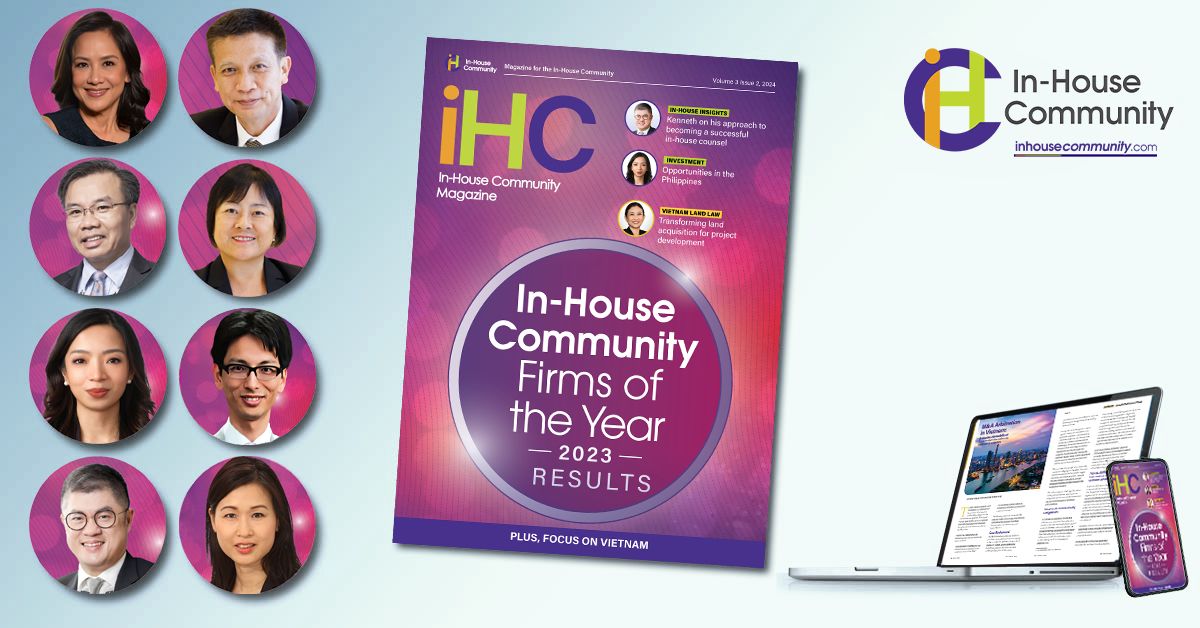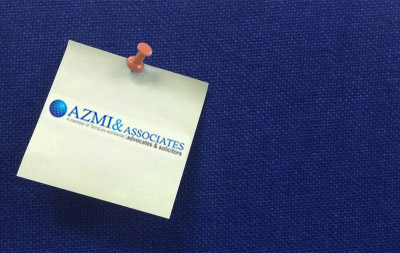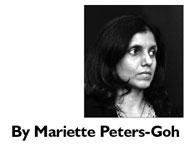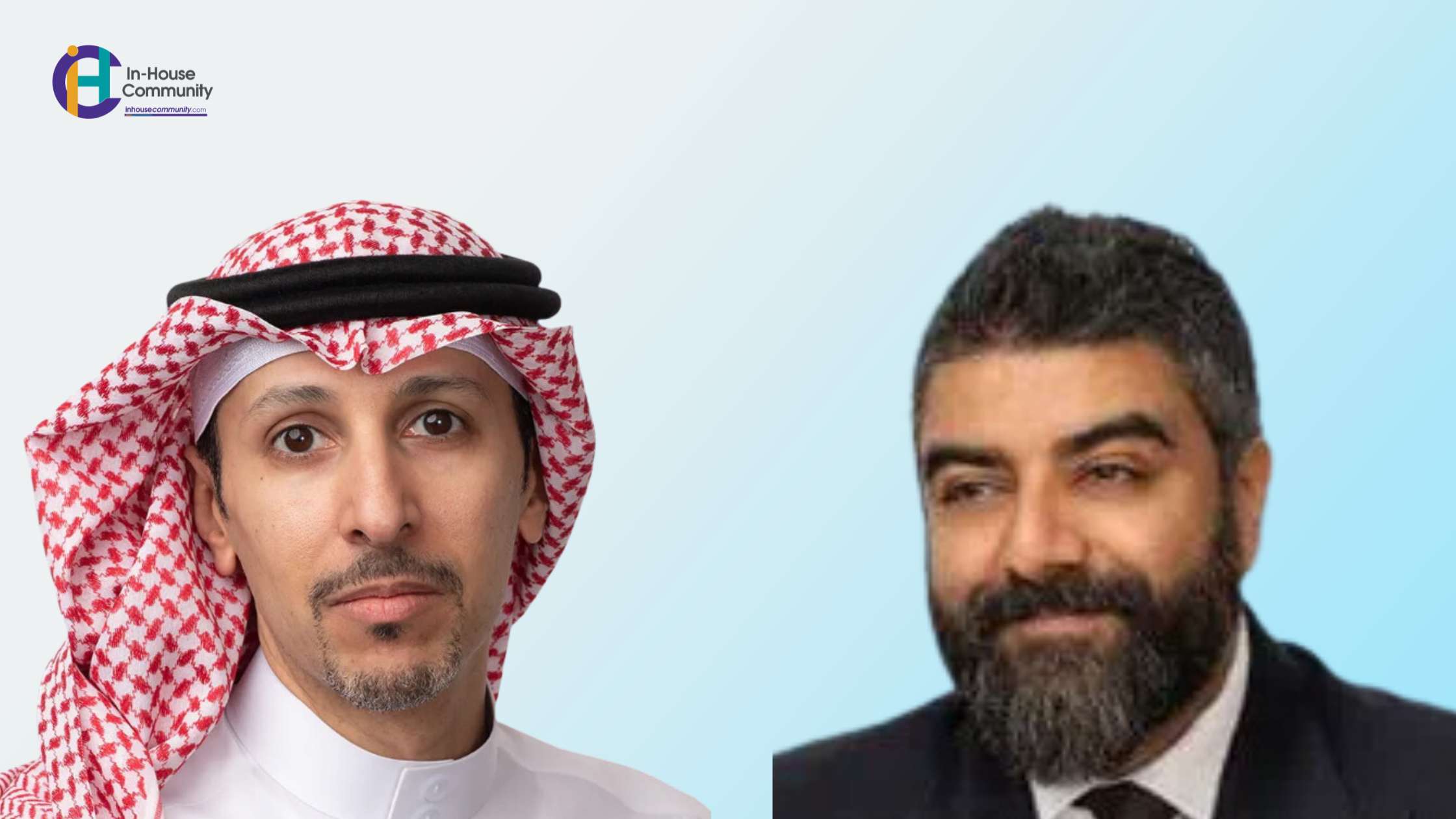|
The General Counsel for the Shell Group of Companies in Malaysia discusses his transition from private practice to life as an in-house lawyer, and shares why Shell’s extensive recruitment process helps retain the cream of the crop.
Asian-Counsel: How did your career lead you to your current role as General Counsel? AC: How did you find the transition from private practice to a corporate role? |
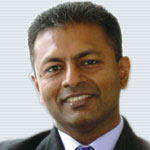 AC: What is the current composition of your in-house team? TK: I have 3 teams of lawyers spread across 1500km: 2 teams are in Kuala Lumpur and 1 team is in Sarawak. These teams comprise a very diverse group of 21 lawyers, ranging from litigators to M&A experts, with a good mix of skills, and we provide what I believe to be seamless advice. In terms of our lawyers’ years of experience, the average is 9-10 years post-qualification. As a global function, we report into one of the Group General Counsel based in the Netherlands. AC: Is there such a thing as a ‘typical day’ for an in-house practitioner in your team? |
| AC: How often and in which circumstances does the Shell Group of Companies in Malaysia brief out? Are there any criteria followed in choosing suitable practitioners? TK: We do roughly 90-95 percent of legal work in-house. We brief out mostly where Malaysian law requires us to – we cannot appear in court for instance, but I am revisiting the choice to appear in industrial tribunals and arbitrations. We also brief out for advice on specialist matters like taxation. We have a global guideline for appointing external counsel, which was drawn up with much input from the Malaysian legal team. Locally, we have an extensive, open, and well-received KPI process for our litigation-panel lawyers. Appointments are made based on fee quotations and meeting the KPI scores, and we take measures to prevent any conflicts of interest in such appointments and try to keep the playing field as level as possible. AC: What qualities does the Shell Group of Companies in Malaysia look for in candidates for in-house roles? AC: What would a new legal recruit find most surprising in terms of his or her role and function in the company? AC: Do you have any tips for how in-house teams can cope with tighter budgets in light of economic conditions? |
| IN-HOUSE OPINION: If you are an in-house counsel and you have a comment or an opinion you’d like to share either on this article or its subject matter, contact us at: inhouse@inhousecommunity.com with the article title in the subject line, stating clearly if you wish your comments to remain ‘Private’ or ‘Anonymous’. |




